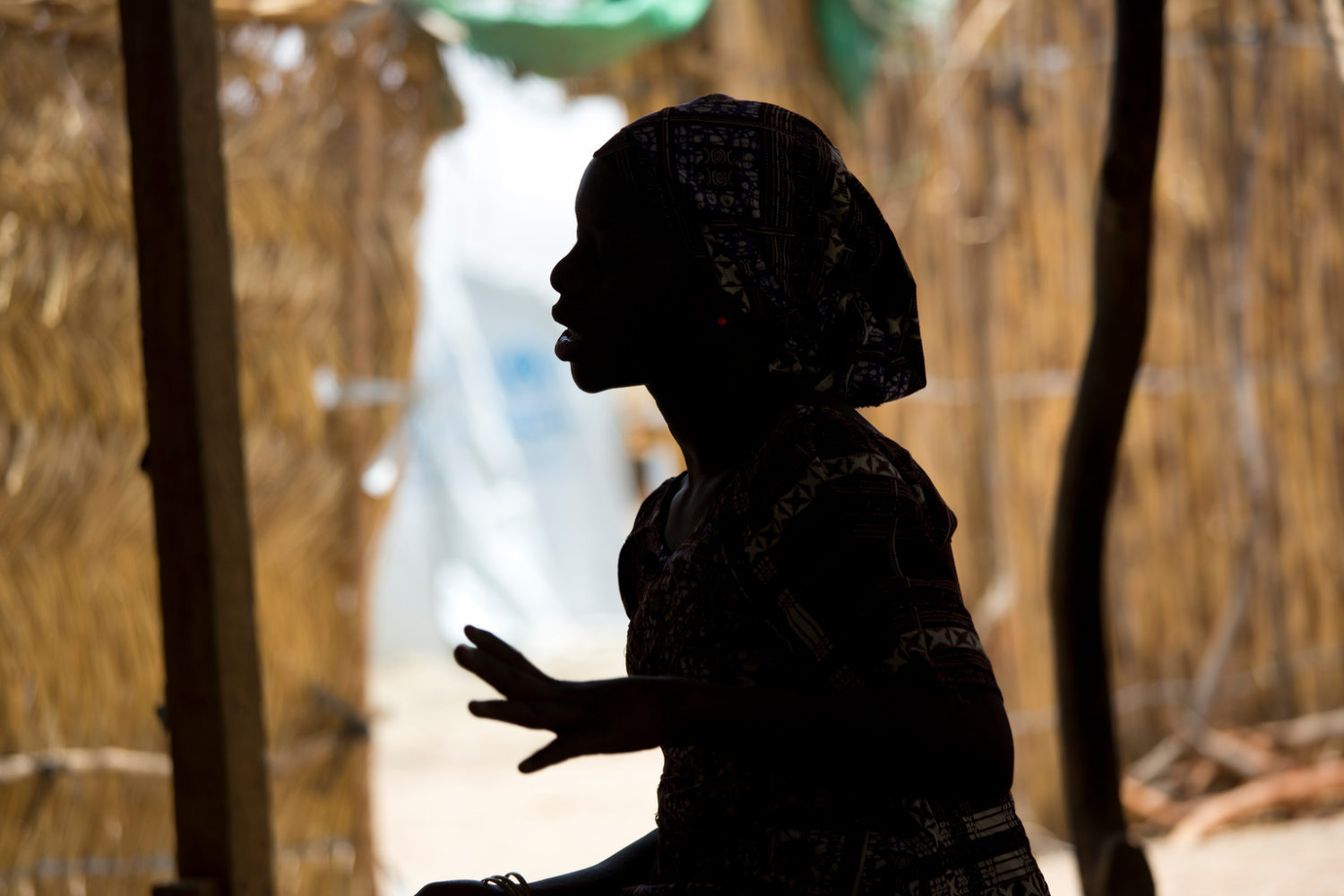Statement by UNICEF Representative in Nigeria, Peter Hawkins
17 June 2019 – “UNICEF condemns the use of children as human bombs and in any combat or non-combat roles in the conflict in north-east Nigeria.
“According to several reports, three children – two girls and a boy (ages unknown) – were used to detonate explosives that killed 30 people and injured 40 others at a community football viewing centre in Konduga, Borno today. UNICEF sends its condolences to all those who have been killed or injured in this horrific incident.
“It is unacceptable that children should be used in this way.
“UNICEF appeals to all those involved in this terrible conflict to protect children at all times and to keep them out of harm’s way.
“This incident brings the number of children who have been reported as having been used as human bombs to five, since January 2019. In 2018, 48 children – including 38 girls – were used in suicide attacks.
“We again call on all parties to the conflict in north-east Nigeria to immediately cease all attacks against civilians, to stop using children in this conflict, and to abide by their obligations under international humanitarian law.”
//ENDS
Editors’ notes:
- Since 2012, non-state armed groups in north-east Nigeria have recruited and used children as combatants and non-combatants, raped and forced girls to marry, and committed other grave violations against children. Some of the girls become pregnant in captivity and give birth without any medical care or attention.
- In the ongoing armed conflict in north-east Nigeria, more than 3,500 children were recruited and used by non-state armed groups between 2013 and 2017.
- The use of children in suicide attacks by armed groups as person-borne explosive devices (PBIED) significantly increased from 2014 to 2017. In 2018, a total 48 children (38 girls) were used in suicide attacks whilst 146 (45 boys, 101 girls) children were used in the same way in 2017. In first quarter 2019, two girls were reported as having been used as PBIEDs.
- UNICEF continues to work closely with state authorities and partners to support the reintegration of children who have been associated with this conflict back into their communities and reunite them with their families.
Notes to Editors
For more information please contact:
Morwenna Darby, 0207 375 6124, [email protected]
Unicef UK Media Team, 0207 375 6030, [email protected]
About Unicef
Unicef is the world’s leading organisation for children, promoting the rights and wellbeing of every child, in everything we do. Together with our partners, we work in 190 countries and territories to translate that commitment into practical action, focusing special effort on reaching the most vulnerable and excluded children, to the benefit of all children, everywhere.
Unicef UK raises funds to protect children in danger, transform their lives and build a safer world for tomorrow’s children. As a registered charity we raise funds through donations from individuals, organisations and companies and we lobby and campaign to keep children safe. Unicef UK also runs programmes in schools, hospitals and with local authorities in the UK. For more information please visit unicef.org.uk


